With the Industrial Revolution in the West began a spurt in scientific and technological developments. Which have undergone spectacular, at once amazing changes with the atomic, electronic, and ‘chip’ revolution of the 20th century. The East, which gave the seeds of civilization to the other world: philosophies, religions, logic, mathematics, science and arts, regressed into oblivion – due to reasons that are not far to seek. In India, the beginnings of sciences may be found in high antiquity. The ancient shastras, the philosophical debates of the rishis, and the task of systemizing knowledge were an integral part of institutional arrangements of the ashramas of the Aryan rishis/seers. The monumental treatises of Charaka, Aryabhatta, Bhaskara, Kautilya, and many others still stay as landmarks in the history of science. And the ancient universities, like Taxila and Nalanda were noted as excellent centres for accumulating and spreading knowledge – which, perhaps, affords a veritable stimulus to the modern scientific quest. The ongoing, highly ambitious Project “History of Science, Philosophy and Culture in the Indian Civilization” (PHISPC) decided, at a brainstorming session, to have a series of introspective volumes on the historical aspects of science in India, in which one would review objectively India’s contributions to science from ancient to modern times – taking cognizance not only of the prevailing social and political conditions in India, but also of India’s achievements from a world perspective at that time. The PHISPC also decided to have four volumes, each covering different subject areas and editorially coordinated by different experts. This volume (Volume XIII Part 8) focuses exclusively on Astronomy, Astrology, Mathematics and Physical World. The 14 papers here: each written by an eminent area-specialist, examine, in a historical perspective, varied aspects of Indian astronomy, mathematical astronomy, astrology, and mathematical cultures. The other three volumes propose to deal with Chemistry and Metallurgy; Biology and Medicine; and Cognitive Sciences. Dr Jayant Vishnu Narlikar: an internationally renowned scientist, is Emeritus Professor at Inter University Centre for Astronomy and Astrophysics. Earlier, he headed the Theoretical Astrophysics Group in the Tata Institute of Fundamental Research (1972-89).
Advances in the Immunobiology of Parasitic Diseases, 2007
This book has been planned ...
$290.70
$323.00

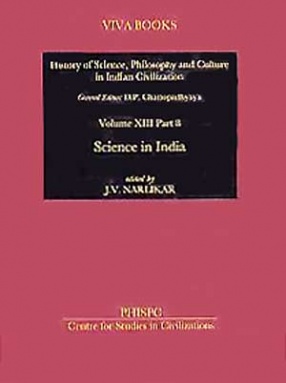
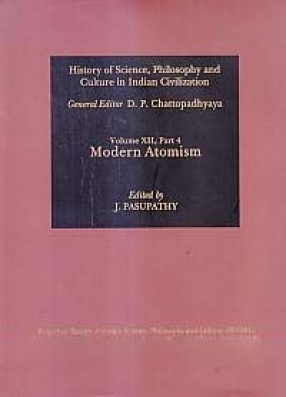
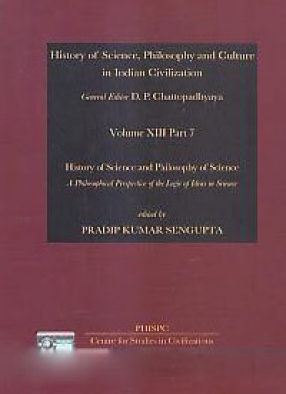
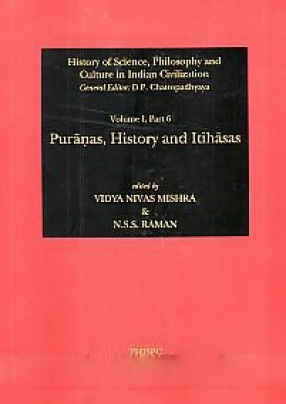
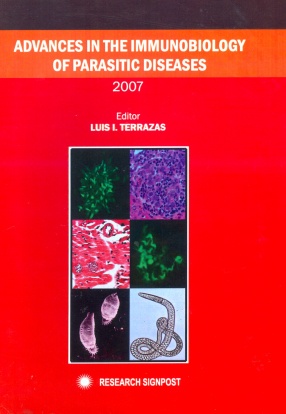

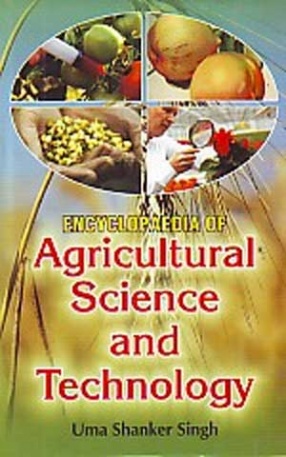
There are no reviews yet.